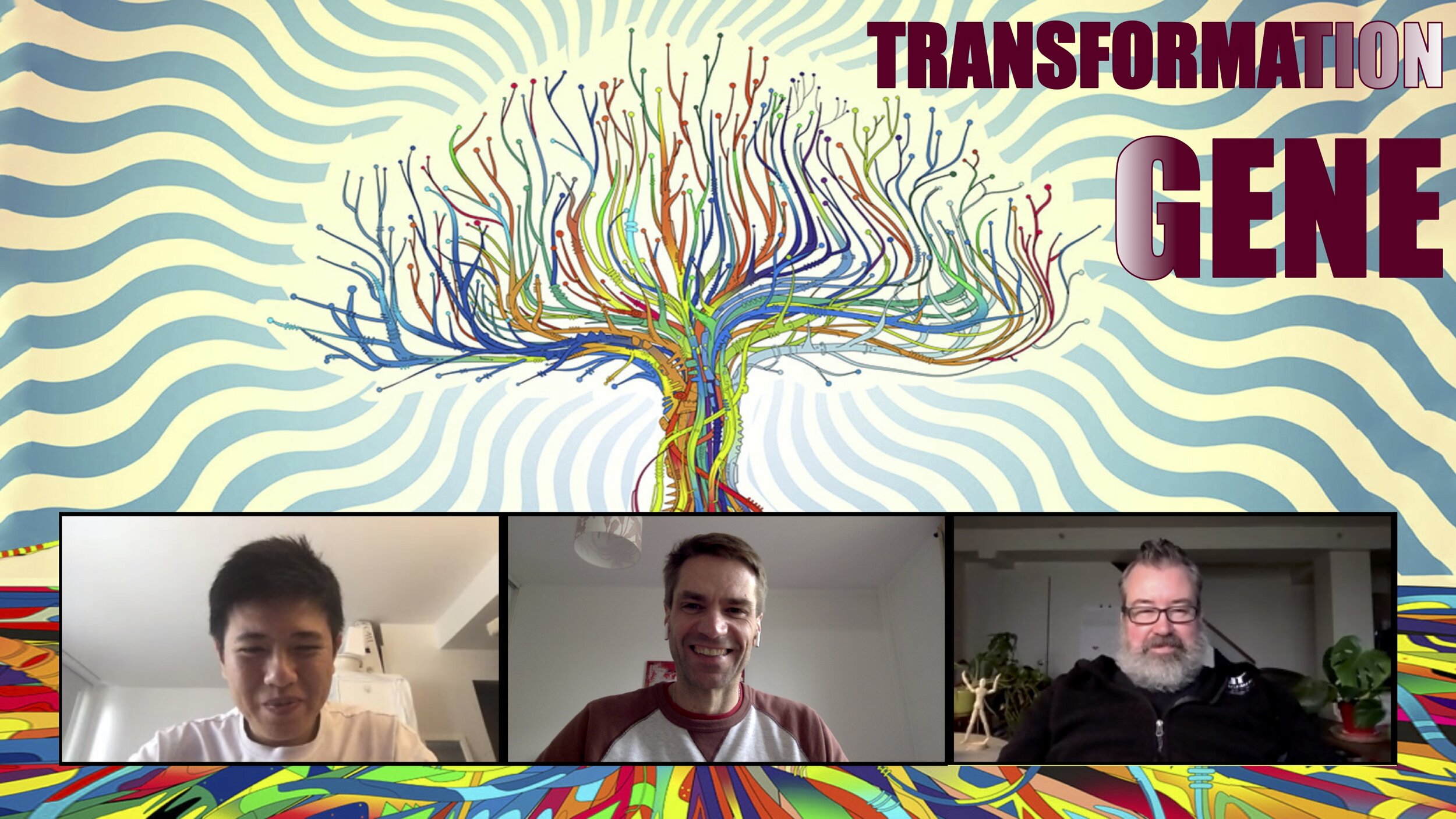Accelerating Business Transformation

Designing transforming technologies for business acceleration.
These behavioral insights will facilitate profound transformations in your life and business (Stibe 2019). This work unifies knowledge and explains how technological innovations can go beyond limitations of traditional behavior design and change management. This science-driven work demystifies human change and reveals the secrets of transformation, thus making it accessible for everyone to improve lives and business performance globally.
Majority of global problems and business challenges are byproducts of poor human attitude and behavior (Stibe et al. 2019). Often people look for and find reasons outside themselves for why we have such environmental issues and weakly performing organizations. People, communities, societies, businesses, organizations, industries, basically everyone needs help with transformations. Many people want to change, but we also know how often our new year’s resolutions end in February. People tend to perceive changes as something difficult, impossible, and mystical, thus are willing to avoid them. Such attitude naturally leads to poorer decisions and consequent behavioral outcomes for societies and business organizations.
This science-driven work demystifies transformation by introducing:
Transforming Theory & Practice - that explains the essentials of and the inevitable need for global transformations (Stibe et al. 2019, Stibe 2018),
Typology of Change – that clarifies the variety of changes and provides ways to consciously separate them (Stibe & Cugelman 2019),
Transforming Framework – that contains 8 applicable tools for immediate use (Stibe et al. 2019), and
Transforming Design – that blends technological innovations with human nature to empower sustainable changes at scale (Stibe et al. 2018, Stibe & Larson 2016).
Due to its scientific richness and practical nature, this transforming work is applicable in many essential life contexts, including global business, leadership, health, wellbeing, innovation, autonomy, commercialization, education, diversity, culture, sustainability, automation, equality, social change, governance, safety, art, emergency, management, marketing, ecology, economy, and, generally, to facilitate our progress towards the United Nations global goals for sustainable development.
REFERENCES
Stibe, A. (2019). Accelerating Business Transformation. Annual Research Report. ESLSCA Business School Paris. [PDF]
Stibe, A., & Cugelman, B. (2019). Social Influence Scale for Technology Design and Transformation. The 17th IFIP TC.13 International Conference on Human-Computer Interaction, INTERACT 2019 (pp. 561-577). Springer, Cham. [PDF]
Stibe, A., Röderer, K., Reisinger, M., & Nyström, T. (2019). Empowering Sustainable Change: Emergence of Transforming Wellbeing Theory (TWT). The 14th International Conference on Persuasive Technology, Adjunct Proceedings (pp. 51–55), PERSUASIVE 2019 [PDF]
Stibe, A. (2018). Envisioning the Theory of Transforming Wellbeing: Influencing Technology and Sociotech Design. The 7th Mediterranean Conference on Embedded Computing (MECO). IEEE Conferences. Page 6. Keynote. June 10-14, 2018, Budva, Montenegro [PDF]
Stibe, A., Kjær Christensen, A.K., & Nyström, T. (2018). Transforming Sociotech Design (TSD). In: Ham J., Karapanos E., Morita P., Burns C. (eds) Adjunct Proceedings of Persuasive Technology. PERSUASIVE 2018 [PDF]
Stibe, A., & Larson, K. (2016). Persuasive Cities for Sustainable Wellbeing: Quantified Communities. In M. Younas et al. (eds.): Mobile Web and Intelligent Information Systems (MobiWIS 2016), LNCS 9847 (pp. 271–282) [PDF]





